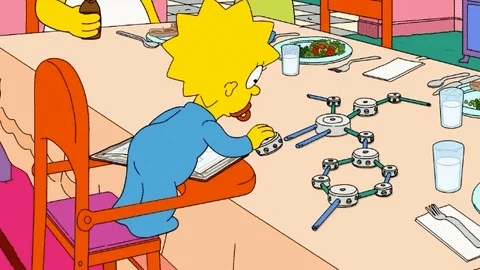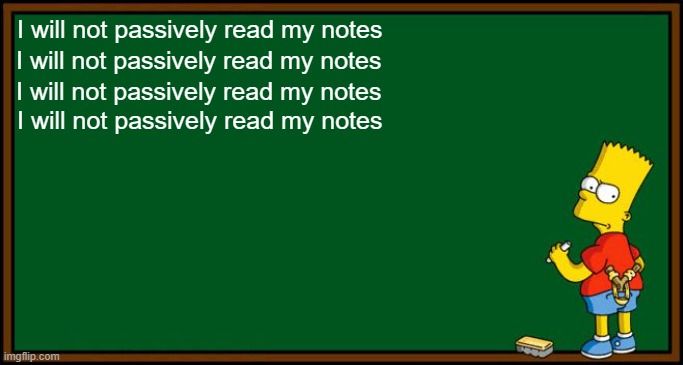Want to learn faster without the frustration?
Science-backed strategies can help your brain absorb information more quickly.
No more boring study sessions. No more ineffective practices and note-reading.

You can use science to hack your brain and learn more quickly!
1. Spaced Practice
We've all crammed for a test (guilty!) or work presentation. You'll actually learn much faster and efficiently if you space your learning out.
What is it?
Spaced practice means doing smaller chunks of learning, spread out over time. Our brains need time to move knowledge from short-term memory to long-term memory, allowing us to retain information. Studies have shown that students who space their learning perform better than students who cram.
Won't that take longer?
Nope! If you study the same topic for 5 hours spread out over a week, you'll learn way more than if you cram all 5 hours the night before. To get the same results from cramming, you'd actually need to study for way longer than 5 hours.

How can I learn more quickly with spaced repetition?
Create a plan to do small, regular chunks of learning
Plan to leave hours or days between studying or practicing
2. Active Recall
Active recall is your shortcut to quick learning! Don't waste your time re-reading notes —use active recall to strengthen your memory and recall information more quickly.
What is it?
It's testing yourself! Active recall involves forcing your brain to retrieve information, strengthening and reinforcing your brain's connections. This is far faster and more effective than passive reading.
The aim is to train information retrieval, not recognition. It's the difference between being able to answer a multiple-choice question because you see the answer and being able to explain a concept in your own words.
 Image created by the author using imgflip.com
Image created by the author using imgflip.com
How can learn more quickly with active recall?
Flashcards: Write key concepts on one side and the answer on the other.
Teach (or pretend to teach): Teaching greatly improves how you recall information.
Summarize: Write summaries of concepts in your own words.
3. Mix It Up with Interleaving
Spending time learning more than one related concept or topic in a session will quickly improve your learning. This is called interleaving. Science shows that mixing up your learning quickly and effectively improves not only your recall but also your motor skills. And, hey! It will keep things fresh and interesting for you.

How can I learn more quickly with interleaving?
Keep it related: Ensure the concepts you study are somewhat related so you can create connections.
Blend it: If you're learning a new skill, blend different elements. For example, if you're learning a new instrument, blend chord progressions or finger exercises.
Let's Help Lisa
Lisa just found out about an amazing coding bootcamp that starts in 3 weeks, but she needs to pass their entrance exam first. The test covers HTML, CSS, JavaScript, and basic app design principles. She's starting from scratch and can study 2 hours every evening.

With such little time, which study approach will help Lisa learn more quickly?
A. Study HTML for 1 hour, then CSS for 1 hour, then JavaScript for 1 hour each night. Test herself weekly by coding small projects from memory.
B. Alternate between HTML, CSS, JavaScript, and design every night. Regularly close her notes and try to code examples from memory, then check her work.
C. Focus on HTML for the first week to build a strong foundation, then CSS for the second week, then JavaScript for the final week. Practice coding exercises daily and quiz herself at the end of each week.
D. Study all four topics each night, but spend the most time on whatever feels hardest. Re-read her notes multiple times and watch tutorial videos to reinforce learning.
Quiz
Which approach will help Lisa learn more quickly?
Take Action

You can use these strategies to learn quickly, starting right now!
Your feedback matters to us.
This Byte helped me better understand the topic.
